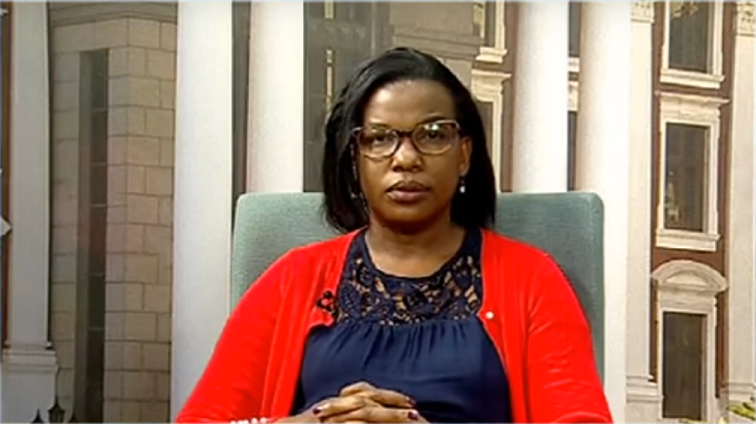As the Electoral Commission (IEC) prepares to hold stakeholder engagements on the recently passed bill on Political Party funding, constitutional law expert, Phephelaphi Dube has raised a potential loophole in the new law.
Dube says the threshold amount, which allows for donors to donate up to a certain amount of money without their identity being disclosed, can be a bit problematic.
“The fact that one individual can give a certain amount and remain anonymous, it means you can get a total of a million donated from small anonymous amounts without disclosing your identity,” Dube explains.
The electoral commission will hold talks with civil society groups and political parties on the new law.
Recently issues concerning donations to political party activities have been in the spotlight – with the issue of Bosasa and its dealings with the ANC and the alleged funding of president Cyril Ramaphosa’s presidential campaign within the party have also made headlines.
This new law will seek to govern such transactions and provide a way for legal processes to take place if the contravention thereof takes place.
The Political Party Funding bill was passed before the 8 May polls and will give proper regulations on how political party funding should be implemented.
According to the Act, an individual is allowed to donate up to R100 000 within a year without disclosing their identity.
IEC deputy Chief Electoral Officer, Masego Sheburi says “The bill will for the first time regulate private funding to political parties and will ensure disclosures. When parliament passed the bill they said the IEC will be the implementing agent.”
Listen below to IEC deputy CEO, Masego Sheburi :
Sheburi says Dube’s concern has been raised before and it has been noted. “Some of the submissions that we received have identified that we must drop the requirement for the threshold and that every amount that you donate must be disclosed, I think we need to find a balance,” says Sheburi.
This is the first time, in our democracy that a law is coming to effect regarding political party funding.
When asked about why it took so long for the law to be implemented, Dube says there has been a lack of interest from parties. “There was a definite lack of political will from political parties because their biggest concern was that, their donors would be scared to donate money to these political parties if their identities were made public. So, for political parties, their fear was that they would lose out on funding,” explained Dube.
Listen below to Dube on audio link:
She says this law is important for our democracy as it promotes transparency regarding people who are sponsoring political parties. “It’s a constitutional imperative that South Africa is an open society and a democracy that’s based on openness. So it’s important for people to know who funds political parties.”
Listen to Dube talking about the importance of this law:
Sheburi says the engagements will focus on specific regulations regarding the new law, but will not affect the primary legislation of the law.
The IEC will hold its stakeholder engagement talks in Cape Town, after which they will draft a report based on their findings.
Prior to Thursday and Friday’s hearings, the IEC received more than 4000 written submissions from interested persons on the new law.






